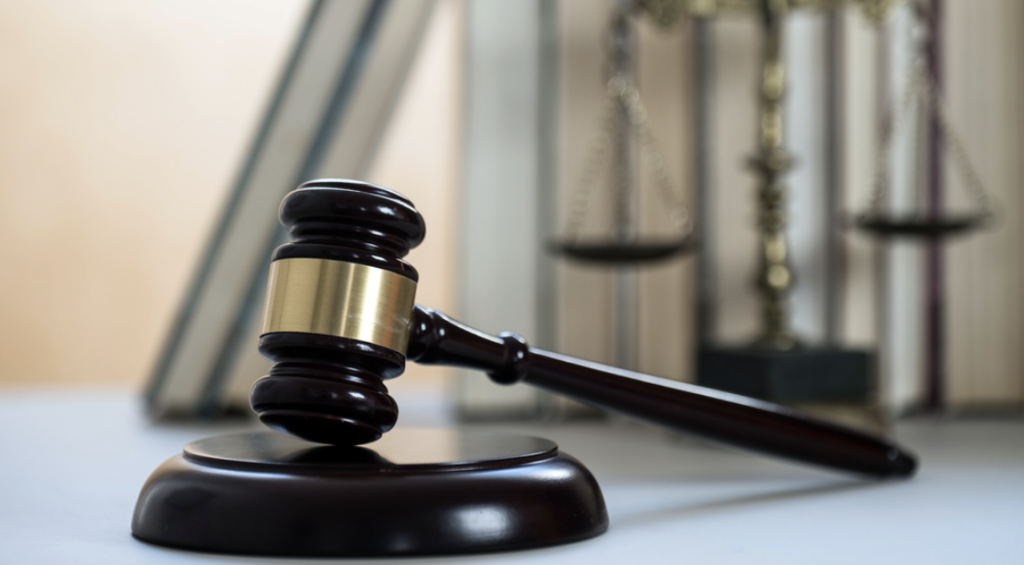When you commence a personal injury lawsuit against a municipality such as the City of New York (or one of its agencies or authorities), a 50-H hearing will likely be scheduled in the case. Also called a “statutory hearing,” this gives the defendant the opportunity to ask the plaintiff a series of questions about the accident and their injuries. 50-H hearings are typically held in cases involving trip and falls on city property, public transportation accidents, car crashes with city vehicles, and accidents arising from potholes or road defects.
When Does the City Hold a 50-H Hearing?
In lawsuits involving the City, a Notice of Claim must be served on the responsible agency or authority within 90 days from the date of the accident. This puts the City on notice that legal action may be filed against them. The City has 90 days from receiving the Notice of Claim to hold a 50-H hearing, regardless of whether a lawsuit has been filed yet. Similar to a deposition, a statutory hearing is conducted under oath outside the courtroom.
What Happens at a 50-H Hearing?
A 50-H hearing is much less formal than testifying in a courthouse. Usually, it will be held at a lawyer’s office or in a conference room. Both sides in the case are permitted to be present, and the questioning will be conducted by an attorney representing the City or the relevant agency. Although no judge is present, the plaintiff has the right to have an attorney at the hearing. The plaintiff’s attorney will have the opportunity to object to any questions that seek privileged information or that are not in the proper form.
During the hearing, a stenographer will record the testimony. After the transcripts have been exchanged afterwards, the City has 30 days to make a settlement offer, which the plaintiff can accept or reject. If the settlement offer is too low, the plaintiff can make a counteroffer or proceed to file a lawsuit in court. Significantly, a plaintiff only has one year and 90 days from the date of the accident to commence a lawsuit against the City.
What Kinds of Questions Are Asked at a 50-H Hearing?
A 50-H hearing is typically not as comprehensive as a deposition — and the City may still request a deposition later in the case. Although not as extensive, the line of questioning is similar at both a 50-H hearing and a formal deposition. The attorney for the City may ask a series of questions concerning the accident to gather more information and determine the extent of the injuries.
Specifically, questioning at a 50-H hearing typically covers the following:
- Basic background information
- Details concerning how the accident happened
- The injuries sustained
- Medical treatment rendered in connection with the injuries
- Daily limitations and work restrictions due to the injuries
Preparing for a 50-H hearing with an experienced attorney is vital for a plaintiff in a personal injury case against the City. It’s important to understand that anything said at the hearing can be used for impeachment purposes later in the case. While it’s crucial to be respectful and cooperative at a 50-H hearing, it’s also imperative to listen to each question carefully and answer only what is asked.
Contact an Experienced New York Personal Injury Attorney
If you were injured in an accident caused by the City’s negligence, it’s critical to have an experienced personal injury attorney by your side who understands the nuances of pursuing a lawsuit against the municipality. The personal injury attorneys at The Dearie Law Firm, P.C. have been fighting for the rights of accident victims for more than three decades. They are committed to securing favorable outcomes in every client’s case.
The Dearie Law Firm, P.C. has convenient office locations in Manhattan, the Bronx, and Brooklyn, as well as mobile locations serving Brooklyn, Queens, Manhattan, the Bronx, Staten Island, Westchester County, Rockland County, Nassau County, and Suffolk County. Contact us today for a consultation.

